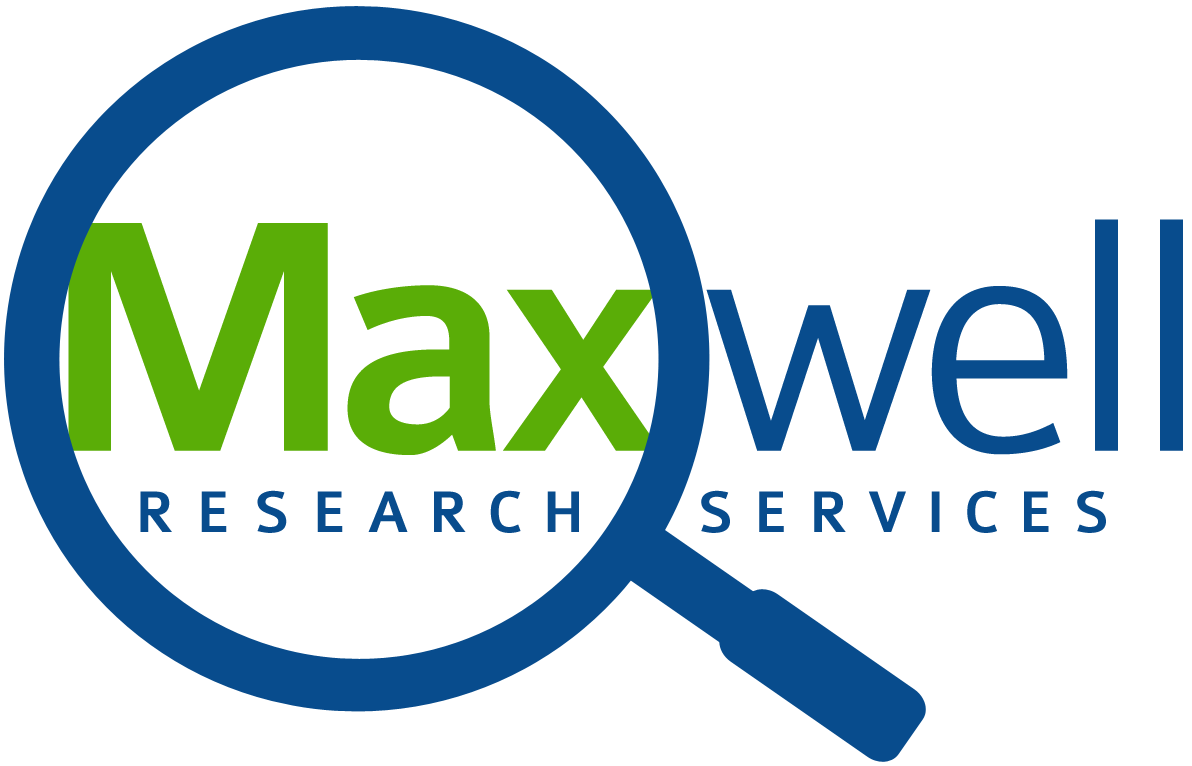Following up on our post about setting up PubMed Alerts, a second source for FREE literature alerts is Google Scholar. You may wonder, if you’ve already set up alerts in PubMed, why should you bother to set up literature alerts in Google Scholar? Good question. After all, PubMed, which is offered by the US National Library of Medicine, is a premier (free) source for biomedical literature. It covers over 5200 scholarly journals, and includes the Medical Subject Headings (MeSH) index, to which your keyword terms are conveniently mapped to increase your list of relevant results. It’s definitely your best starting point, especially if you don’t have access to premium medical literature databases, such as Embase or Scopus.
But Google Scholar, a multi-disciplinary search engine (as opposed to a database), can sometimes supplement your findings from PubMed. It even searches the full-text of open access articles, which PubMed does not. Because there is no index (e.g. PubMed’s MeSH) in Google Scholar, it does not map your keyword terms to subject headings, so it is important to be as precise as possible with your terms and to use as many synonyms for the concepts as possible.
To get started, if you don’t already have one, you will need to set up a Google account. Select “Create Account” in the lower left-hand of the Google Sign In box (or sign in with your existing Google login).
Used with Permission from Google
Then head to Google Scholar. Enter your search terms, using quotes for exact phrases, and remember to capitalize Boolean operators (e.g. AND, OR, NOT) and click the magnifying glass or select “Enter.”
Here’s what my initial set of results looks like. Google Scholar ranks them by relevance:
There are several ways to filter your results to the right. You can limit your search to certain years, article types, and include patents, if desired. When you’re comfortable with your search strategy, you may create an alert by selecting that option beneath the filters.
Your alert will be entitled with your search terms. You may edit the email address where you’d like to receive the alerts and you can also select to receive the “Most relevant results” (this is the default and highly recommended!) or “All results.”
You should begin receiving alerts the following day.






